No refugee camp can hold out much hope
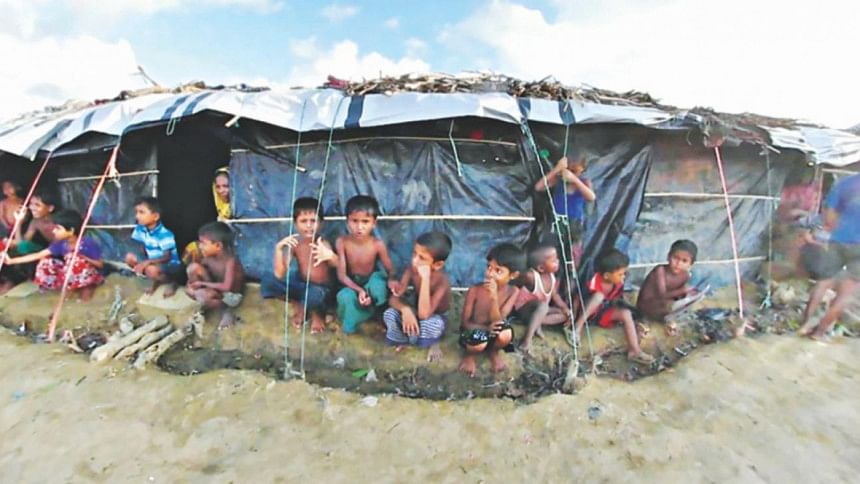
The Rohingya lawyer Razia Sultana is dead right when she said that the nearly one million Rohingya refugees in camps inside Bangladesh have very little future. She speaks from a position of deep understanding of the problem, having been recently recognised by the US government for her long-time work with the Rohingyas. But is there very much more that the Bangladesh government can do than what it has already done, particularly in the last two years. And it is not merely in terms of money that has been spent from its coffers. One of the consequences of hosting such a large number of refugees in such a small area is the deep negative imprint on the local people as well as the environment. We fear, recouping from the aftereffects may take a long time.
Unfortunately, a refugee camp cannot hold out much of a hope for the future for anyone except for those inside the camp to hope for a quick return from where they came. The international community, which has failed so far to put adequate pressure on the military junta in Naypyidaw to take their citizens back, should realise the dangerous effect of prolonged internment in camps. Every day that passes increases the vulnerability of the refugees. Bangladesh expects a more vigorous role of the international community in the diplomatic front to make Myanmar take back the Rohingyas.
The military rulers in Myanmar have made every possible effort to thwart repatriation. And the recent operations against the Buddhists in Rakhine, many observers suspect, might be a ploy to frustrate Rohingya repatriation altogether. Bangladesh has done the best it can in spite of its own multifarious constraints, and it is now for the international community to do everything to help a persecuted ethnic minority return to the country they belong to.

 For all latest news, follow The Daily Star's Google News channel.
For all latest news, follow The Daily Star's Google News channel. 

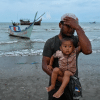
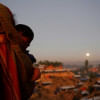
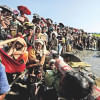
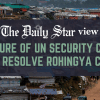



Comments